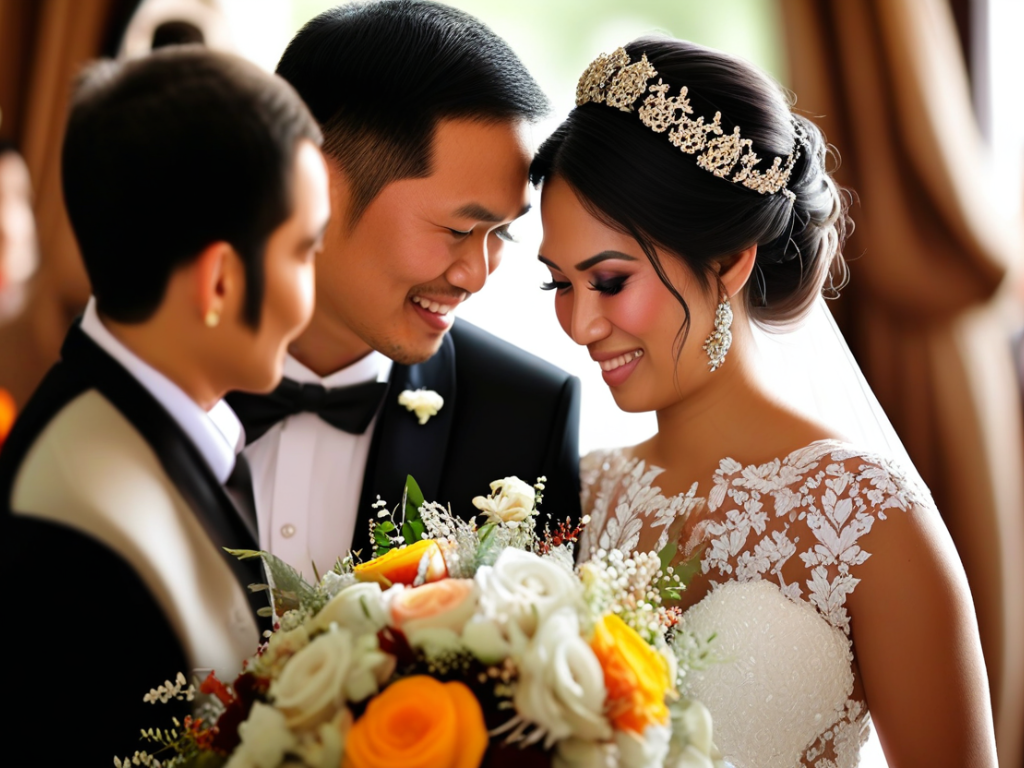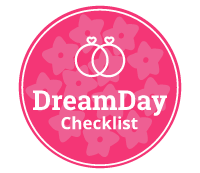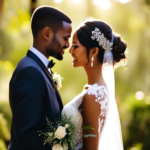Planning a wedding involves more than just selecting a venue, choosing a menu, and sending out invitations. For many couples, incorporating family and cultural traditions into their wedding day holds deep significance. These traditions can add a layer of meaning and connection to the celebration, creating a unique and memorable experience for all involved.
In this article you will find:
- The Importance of Family and Cultural Traditions
- Challenges in Incorporating Traditions
- Resources and Experts for Family and Cultural Traditions
- Wedding Planners with Cultural Expertise
- Cultural Consultants and Advisors
- Family Traditions Coordinators
- Embracing Your Unique Heritage
The Importance of Family and Cultural Traditions
Family and cultural traditions have the power to bring generations together, honor heritage, and create a sense of continuity and belonging. Whether it’s a ritual passed down through the years or a custom specific to a certain culture or religion, these traditions often play a central role in wedding ceremonies and celebrations.
Challenges in Incorporating Traditions
While many couples are keen to include family and cultural traditions in their weddings, they may face challenges in doing so. These challenges can range from logistical issues to disagreements with family members about which traditions to prioritize. Additionally, some couples may be navigating blending different cultural backgrounds and traditions, requiring thoughtful planning and coordination.
Resources and Experts for Family and Cultural Traditions
Fortunately, there are resources and experts available to help couples navigate the terrain of incorporating family and cultural traditions into their weddings. These professionals specialize in understanding the nuances of various traditions and can offer guidance on how to respectfully and authentically include them in the celebration.

Wedding Planners with Cultural Expertise
Some wedding planners have specific expertise in incorporating family and cultural traditions into weddings. These professionals have experience working with couples from diverse backgrounds and can offer insights on how to weave traditions seamlessly throughout the ceremony and reception. Whether it’s coordinating a traditional tea ceremony, incorporating cultural music and dance, or ensuring that religious customs are respected, these planners can provide invaluable support and advice.
Cultural Consultants and Advisors
For couples seeking a deeper understanding of specific cultural traditions or looking to incorporate customs from multiple backgrounds, cultural consultants and advisors can offer tailored guidance. These experts can provide historical context, practical recommendations, and creative ideas for blending traditions in a way that feels authentic and meaningful. Whether it’s designing a fusion menu that honors both partners’ heritages or creating a ceremony that reflects a blend of cultural practices, these consultants can help couples navigate the complexities of multicultural weddings.
Family Traditions Coordinators
Some couples may have specific family traditions that they want to incorporate into their wedding celebrations. In these cases, a family traditions coordinator can work closely with the couple and their families to ensure that these customs are thoughtfully integrated into the event. From ancestral ceremonies to handmade heirlooms, these coordinators can help couples honor their family legacies in a meaningful and respectful way.
Embracing Your Unique Heritage
Ultimately, incorporating family and cultural traditions into your wedding is a deeply personal and meaningful choice. Whether you choose to highlight specific rituals, incorporate symbolic gestures, or blend traditions from different backgrounds, the key is to honor your unique heritage and values. By working with resources and experts who specialize in family and cultural traditions, you can create a wedding celebration that is not only beautiful and memorable but also reflects the depth of your love and connection.


